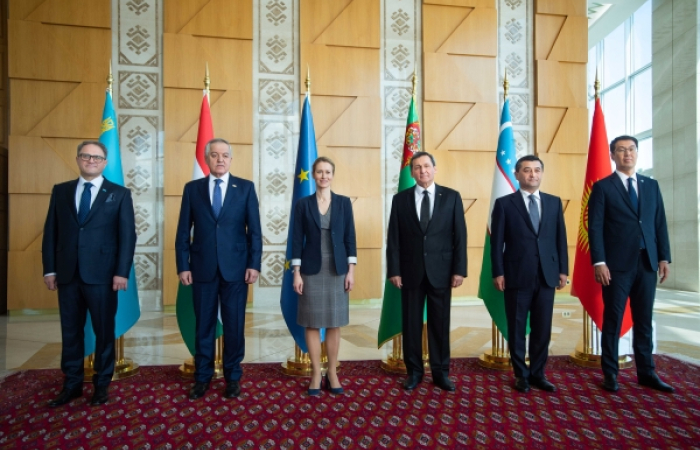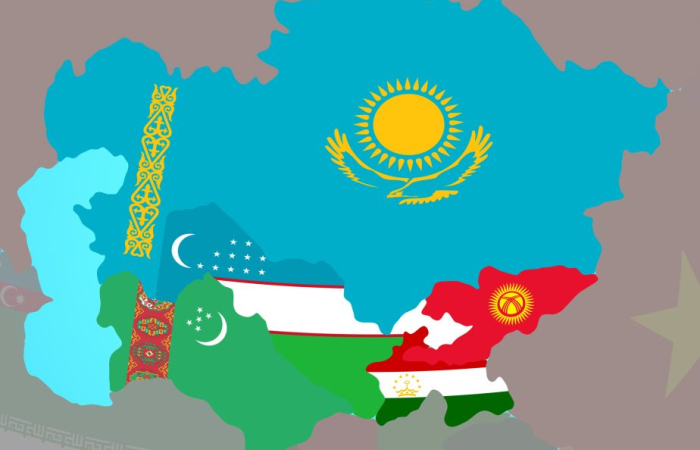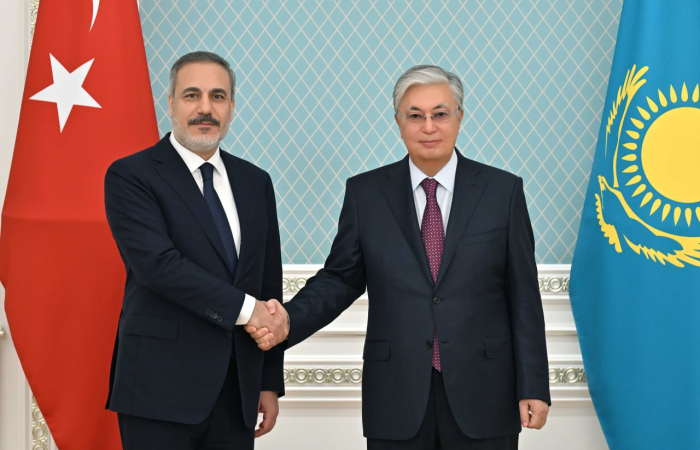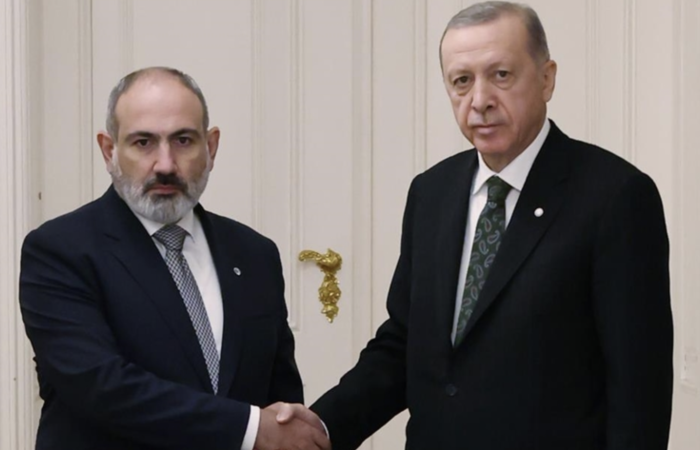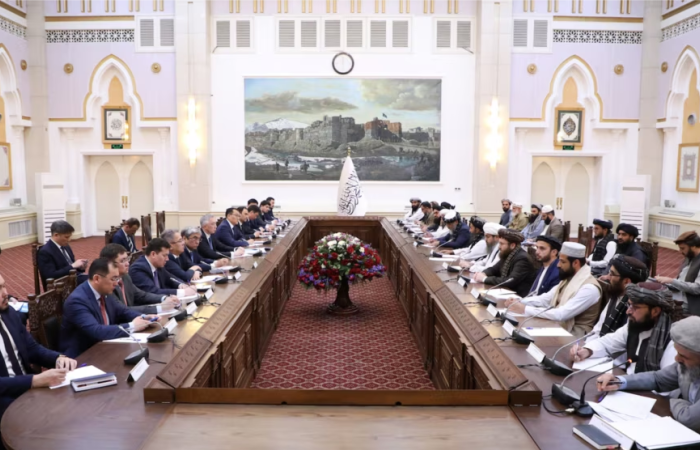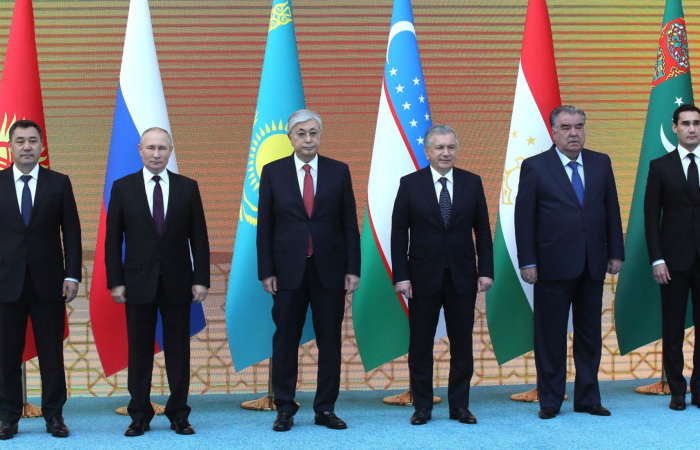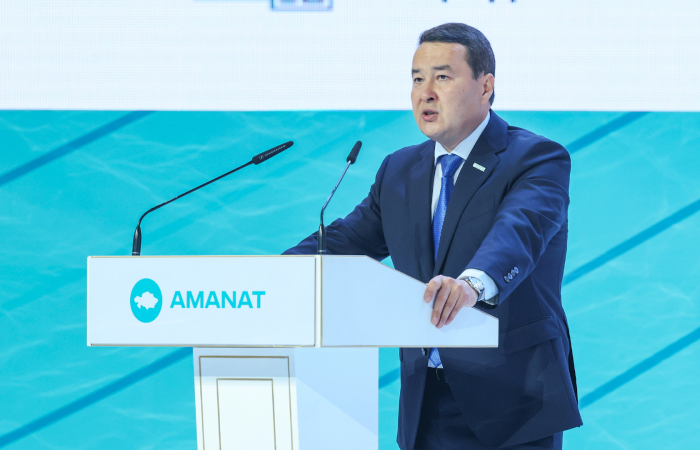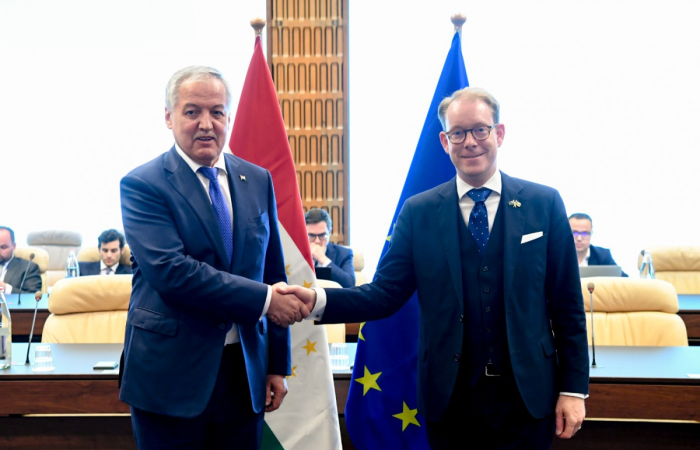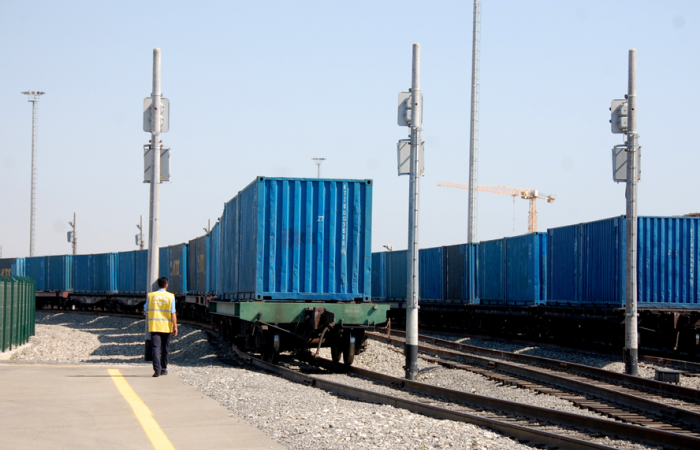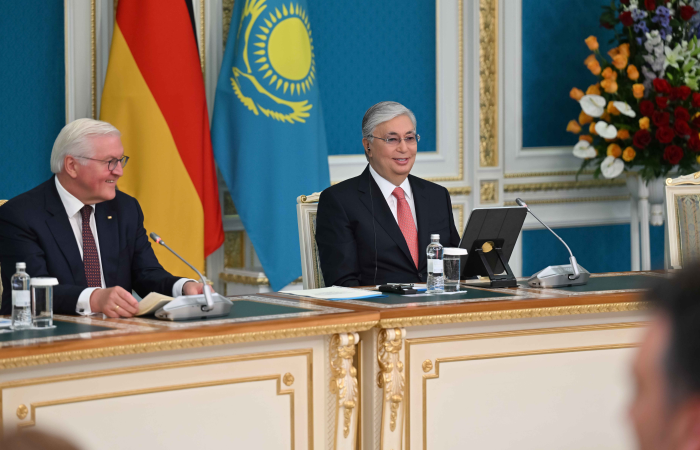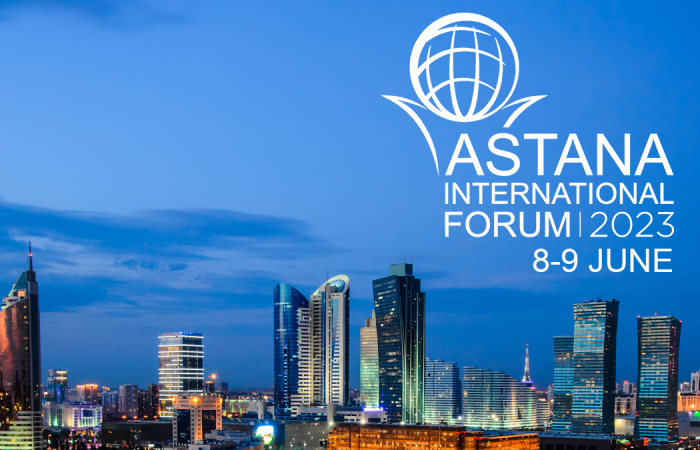Editor's choice
This is a members’ functionality. Please
Sign upOpinion
Trending
Türkiye's Evolving South Caucasus Policy under Re-Elected Erdoğan
31 August 2023
The South Caucasus has consistently occupied a pivotal position within Turkish foreign policy. This significance has been underscored by Türkiye's deepening influence in the region, a trend that has gained momentum especially in the wake of the Second Karabakh War. With the recent re-election of Recep Tayyip Erdoğan to the Presidency of the country, it is certain that Ankara will continue its active engagement in the South Caucasus. However, a nuanced analysis is imperative to fully grasp the multi-pronged approach that Türkiye has adopted in its dealings with this region. This strategy involves complex engagements with Azerbaijan, Armenia, and Georgia, offering a perspective through which the intricate web of geopolitical challenges can be unraveled.
In this op-ed for commonspace.eu, Simona Scotti says that "this dynamic foreign policy stance also underscores the significance of the South Caucasus in extending Turkish influence to Central Asia. In recent years, the growing importance of this region has garnered significant attention, not only for Türkiye but also for Europe. Situated at the crossroads of continents, Central Asia has emerged as a hub of economic potential, strategic significance, and cultural exchange. Türkiye, with its historical ties and shared Turkic heritage, recognizes the value of strengthening its relations with Central Asian countries. Consequently, the South Caucasus assumes a pivotal role in Türkiye's efforts to foster deeper diplomatic, economic, and cultural connections with Central Asia, ultimately benefiting both Türkiye and Europe by promoting regional cooperation and diversification of partnerships."



